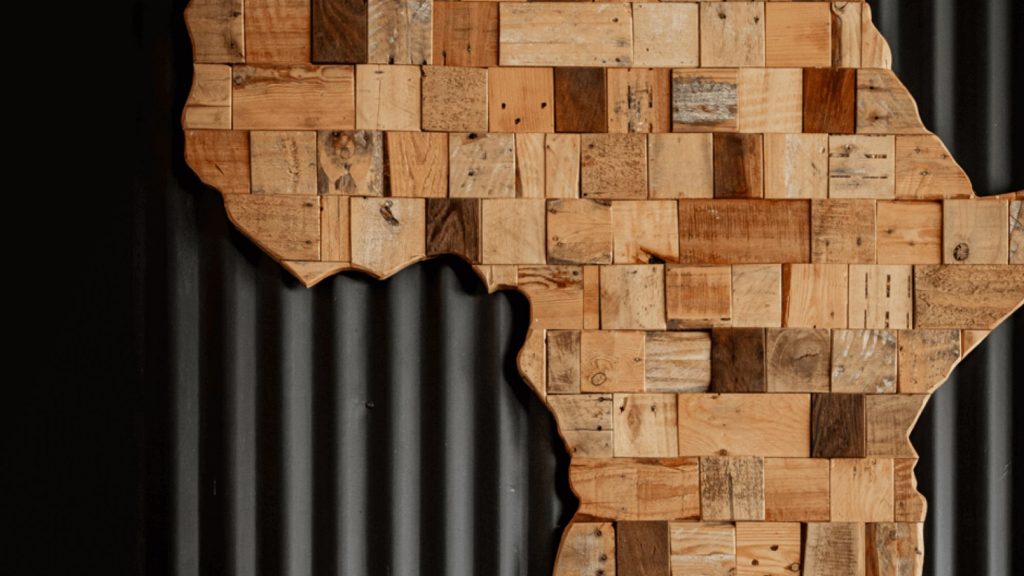Marius Botha Group CEO of aYo Holdings, talks about the fintech boom in Africa off the back of the latest Africa Investment Report by Briter Bridges.
The past couple of years have been brutal for the African continent. We’ve been through Covid-19, and now we’re living through turbulent socio-economic times, with high inflation and rising prices causing untold consumer hardship in most countries. But despite this, the fintech industry is booming, thanks largely to exponential growth in mobile network coverage and smartphone use.
Indeed, Briter Bridges’ Africa Investment Report 2022 paints a picture of Africa as an increasingly viable investment destination, with growing numbers of major deals over the past 12 months alone. Needless to say, fintechs continue to dominate the market, grabbing up to 60% of all deals over the past half decade, including the highest value and highest profile deals.
No ad to show here.
As a result, African consumers are rapidly becoming more used to using digital financial products like Mobile Money (MoMo) and payments from the palm of their hand. And this is good for related industries like insurtech, which is surging as consumers transition to a world where financial services are easily accessible via mobile phone and transacted via apps and other channels.
What’s particularly encouraging is the growth in early-stage support networks, which involve angel networks, seed funds and accelerator cohorts.
Many promising start-ups, especially those in less glamorous parts of the fintech market, fail in their early stages precisely because of a lack of funding, and a greater appetite by funders to take on these risks can only benefit the continent’s fintech sector.
One of the major success stories for us has been the appetite for microinsurance in Africa, which has traditionally been the world’s most uninsured, and underinsured, continent. As its name suggests, microinsurance is small, rapidly underwritten financial protection that offers consumers financial protection against specific risks – like hospital cover for accidents, for example – for tiny premiums. Typically, policyholders can buy cover and claim directly from their mobile phones.
According to the IMARC Group’s latest report on global microinsurance trends, the market will grow to more than US$111 billion worldwide by 2027. A sizeable chunk of this growth will take place in Africa, where we’re only just scratching the surface of the demand for financial services products that make people’s lives easier and bring them into the financial mainstream.
What’s important about the growth of microinsurance is its impact not only on individuals and communities, but on entire economies. The impact of being insured is transformative: it not only drives greater financial inclusion, but it shields people with lower incomes from the economic shocks that would otherwise keep them locked into an endless cycle of poverty.
The kicker is that in spite of massive growth in investment into the continent in the past few years, all of Africa’s venture capital still only makes up around 1% of the world’s VC money. We’re still in our baby shoes. The phenomenal growth we’ve seen in fintech and start-ups in Africa in the past decade is only the beginning. We are still just exploring the potential of fintech and microinsurance to transform the lives of our people.
Our continent is hungry for financial inclusion. We’re increasingly ready to take our place at the world’s top economic tables. In spite of the uncertain economic times we’re dealing with, the only way is up. It’s a great time to be in Africa.
- Marius Botha is the Group CEO of aYo Holdings. The views and opinions expressed in this article are those of the author and do not necessarily reflect the views or positions of Ventureburn.
READ NEXT: Beyond funding: African entrepreneurs also need mentorship
